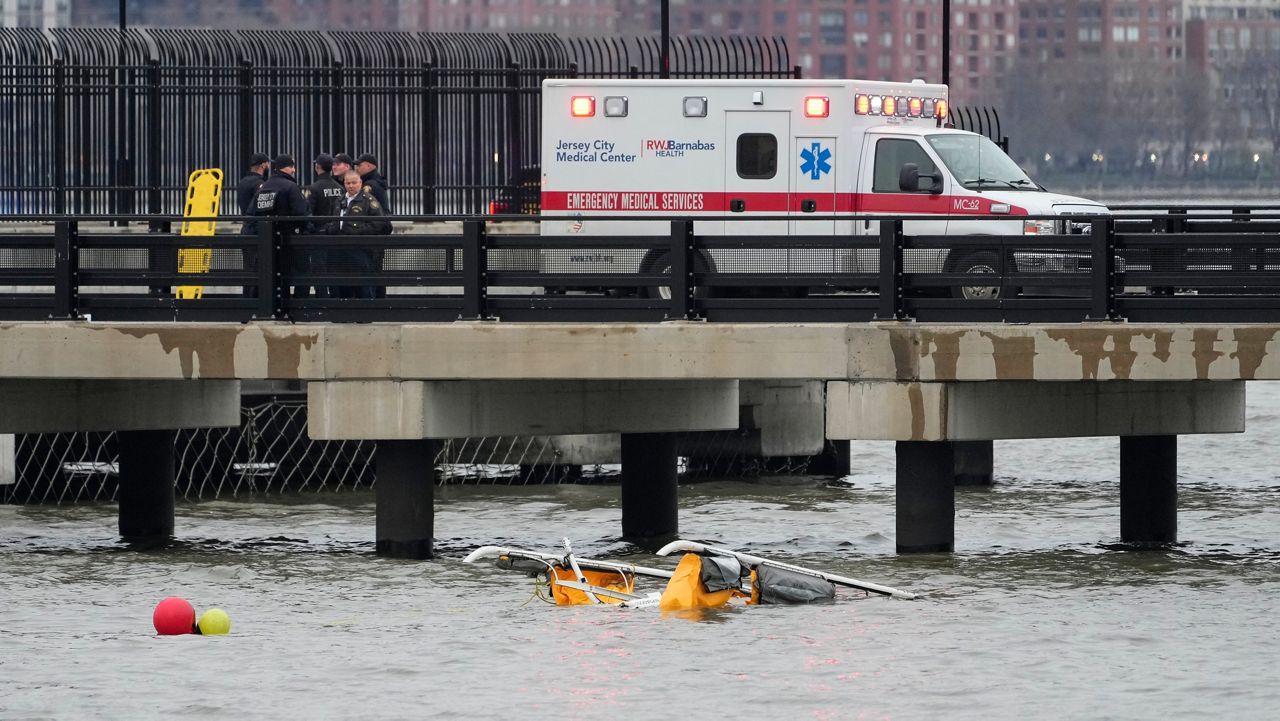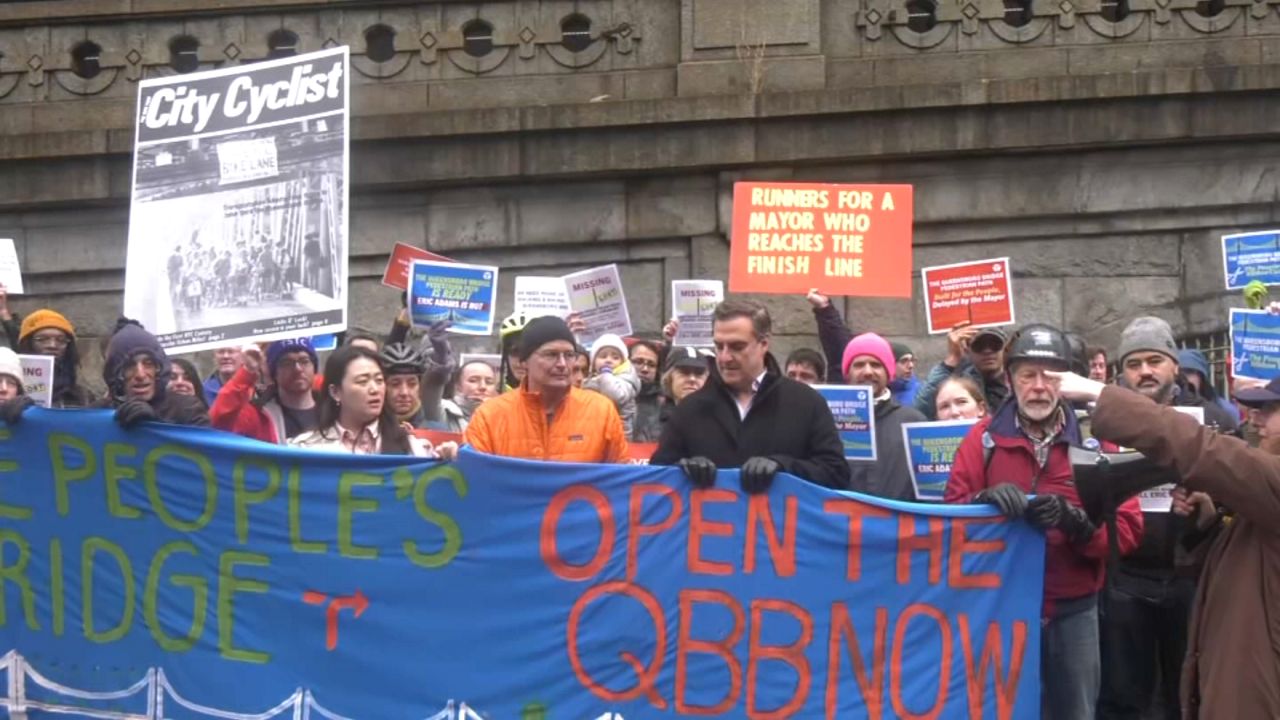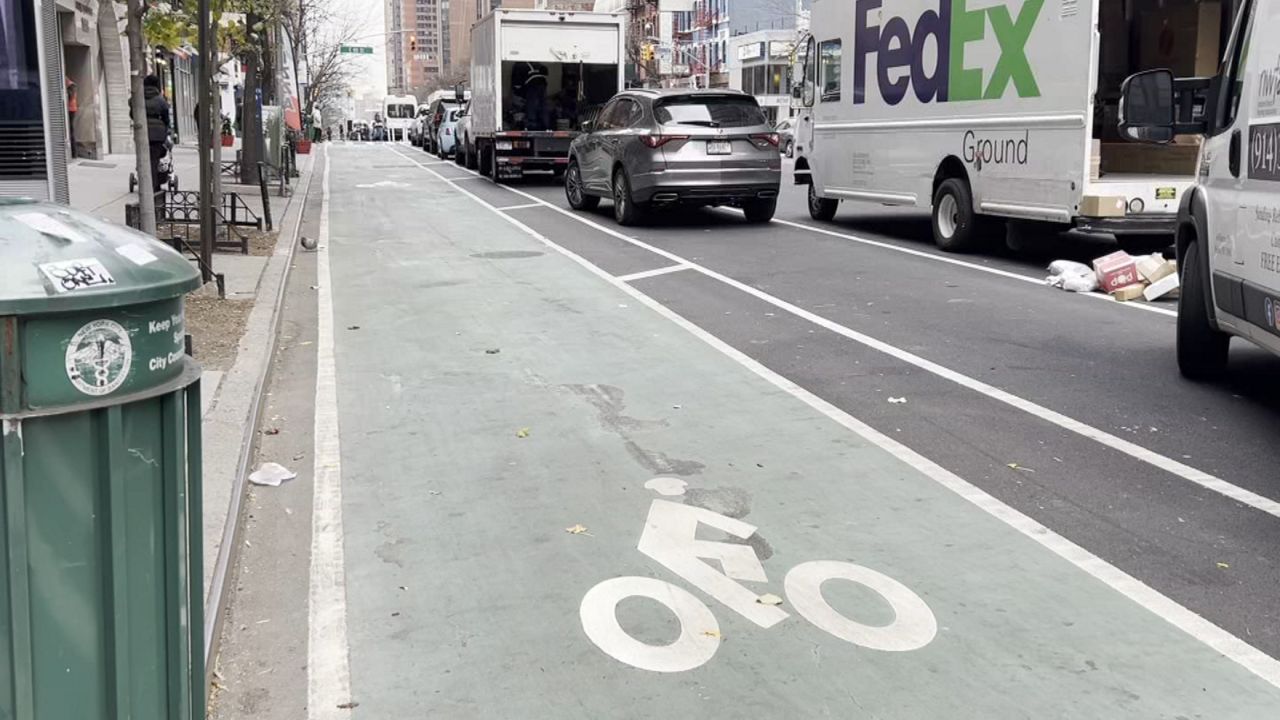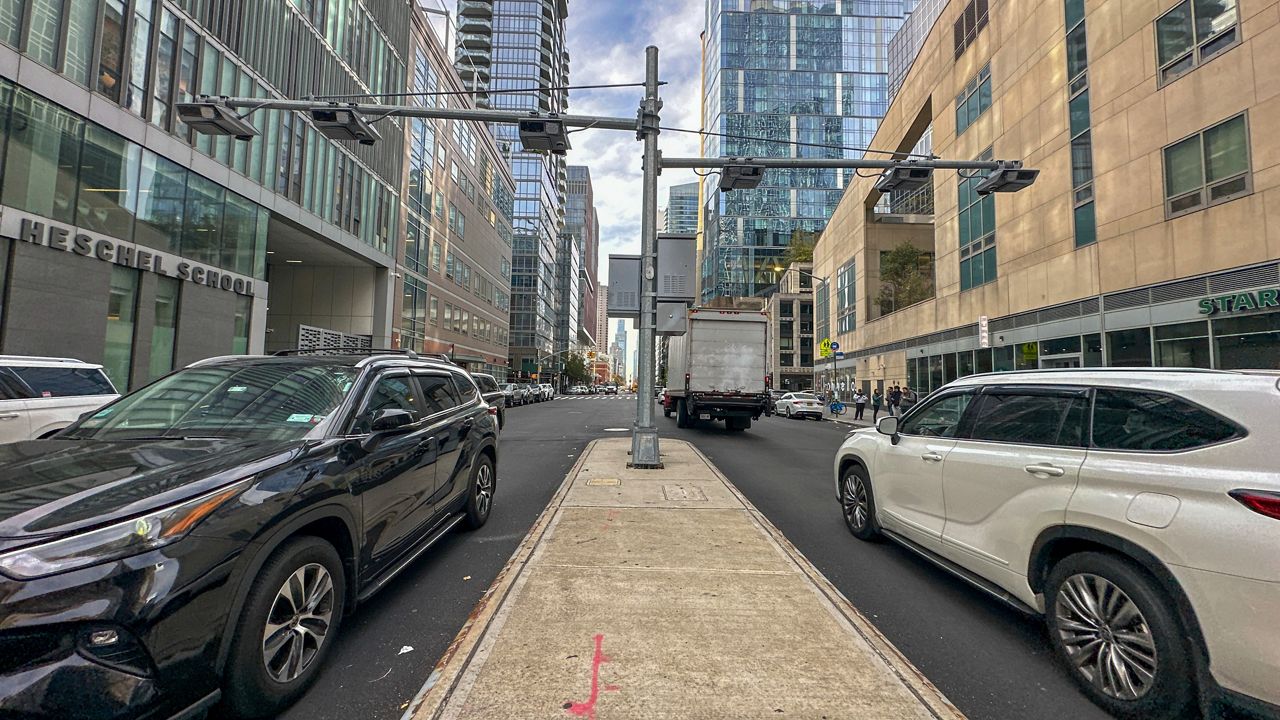Amara Sanogo has been driving for Uber for five years. He switched from a yellow cab after the rideshare service started to cut into business. He says the first few years were good. But then Uber changed the terms.
“We saw our income reduced by almost three-quarters,” Sanogo said.
He came from the Ivory Coast over 20-years-ago and now works six days a week, 10 to12 hours a day. And fears he’ll have no time with his wife and three children if the Taxi and Limousine Commission is allowed to proceed with last month’s green rides initiative that lifted a cap on new for-hire vehicle licenses if they’re electric.
“It’s going to be very hard to feed to the family,” he said. “To maintain the cars, to do the things we used to do.”
He is a part of a lawsuit against the TLC to reinstate the cap. A judge granting a temporary restraining order Wednesday barring the agency from issuing new licenses past Monday morning. The agency says as of Friday almost 6,000 have applied, 90% of those current drivers.
The City Council established the cap in 2018 to stop the increase in traffic and drop in driver income because of too much competition. Bhairavi Desi, executive director of the New York Taxi Workers Alliance who is part of the suit, says the TLC hasn’t justified lifting the cap, and worries history will repeat itself.
“There were nine driver suicides from this race to the bottom,” Desi said. “It’s so infuriating and equally heartbreaking that the city has forgotten the level of despair.”
But TLC Commissioner David Do says there are 25,000 fewer for-hire vehicles now than in 2018, and lifting the pause will allow many drivers to work for themselves.
“I just met with a driver earlier this week who was paying a $900 per week leasing fee,” Do said. “And now, after all expenses, he’ll only be paying $400.
But Desi counters that drivers looking to lease electric vehicles will be saddled with new debts difficult to pay.
“We need a permanent solution to these problems of oversaturation,” she said. “Of predatory leasing and predatory financing and the ability of every driver to survive.”
The TLC issued a statement in response to the TRO saying, “resuming the issuance of EV licenses not only promises long-term environmental benefits but also relief for drivers stuck in predatory leasing arrangements. A halt on this initiative is nothing short of a loss for drivers who dream of small business ownership in an environmentally friendly and sustainable way.”
Despite the opposition, the city’s goal is for all for hire vehicles to be 100% electric by 2030—possibly revising that if the infrastructure isn’t there. Meanwhile, the next hearing on the lawsuit is set for Tuesday.









